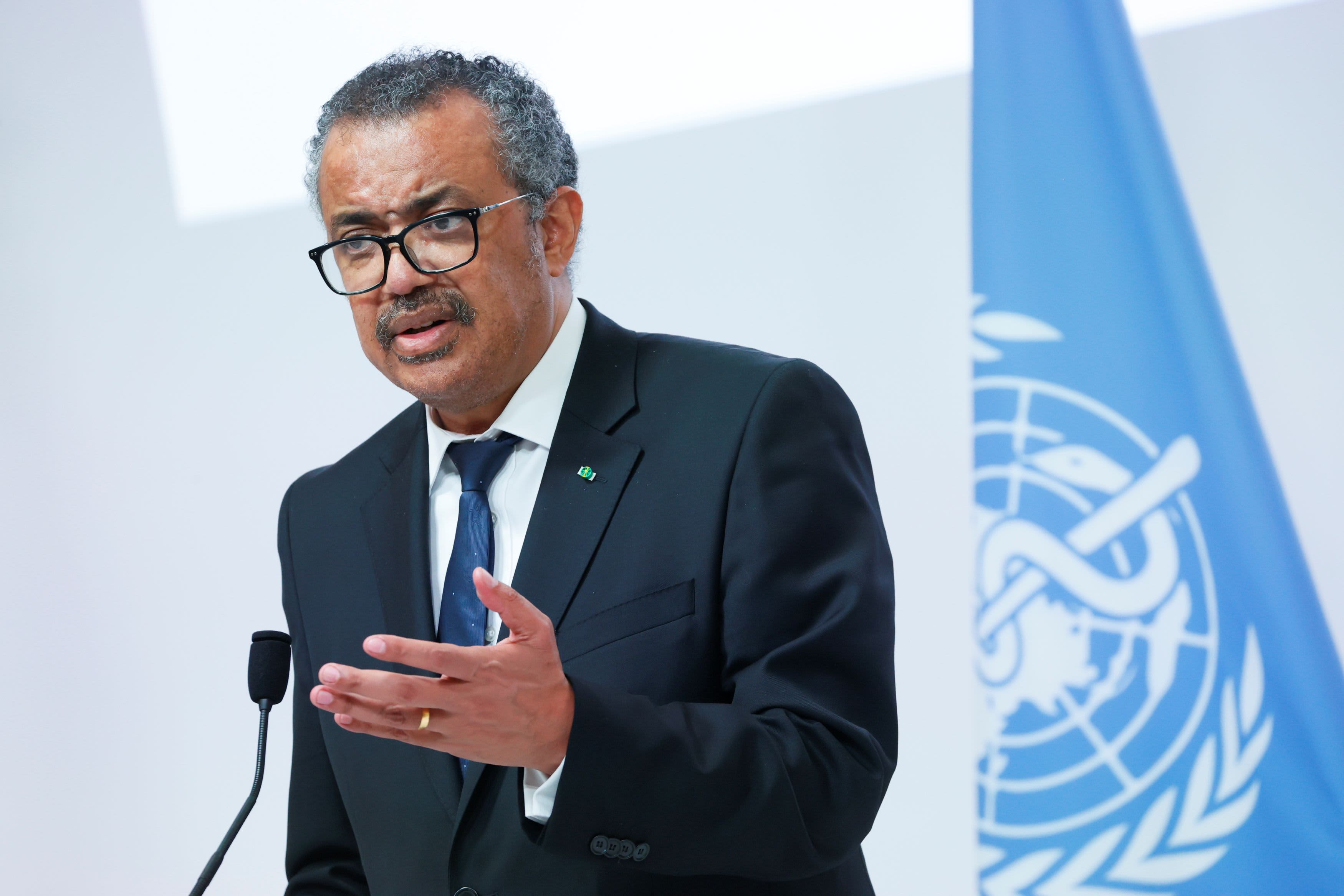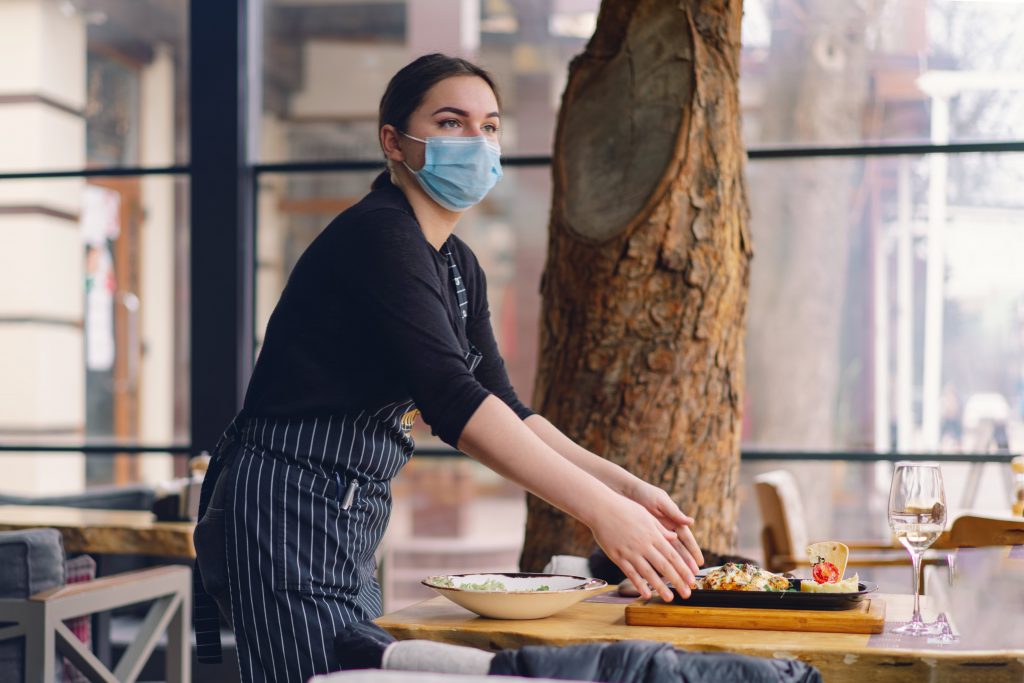
WHO Director-General Tedros Adhanom Ghebreyesus speaks during a news conference after a ceremony for the opening of the WHO Academy, in Lyon, France, September 27, 2021.
Denis Balibouse | Reuters
The World Health Organization on Tuesday warned the new omicron Covid-19 variant is spreading faster than any previous strain, and it is probably present in every country of the world.
“Omicron is spreading at a rate we have not seen with any previous variant,” WHO Director-General Tedros Adhanom Ghebreyesus said during a Covid update in Geneva. “Seventy-seven countries have now reported cases of omicron. And the reality is that omicron is probably in most countries, even if it hasn’t been detected yet.”
Tedros said the WHO is worried that countries are dismissing omicron as a mild variant. Though omicron is more contagious, it is not yet clear whether the variant causes more mild or severe disease than past strains of the virus.
“We have learned by now that we underestimate this virus at our peril,” Tedros said. “Even if omicron does cause less severe disease, the sheer number of cases could once again overwhelm unprepared health systems,” he said.
Tedros warned that vaccines alone will not protect the nations of the world from omicron, emphasizing the importance of masks and social distancing.
“It’s not vaccines instead of masks. It’s not vaccines instead of distancing. It’s not vaccines instead of ventilation or hand hygiene. Do it all. Do it consistently. Do it well,” Tedros said.
The variant significantly reduces the protection against infection provided Pfizer and BioNTech’s two-dose vaccine, according to preliminary lab data released by the companies last week. Scientists at the University of Oxford published a study on Monday that also found the Pfizer and AstraZeneca vaccines are less effective against omicron.
However, the two-dose vaccines likely still protect against severe disease. Pfizer and BioNTech found that a booster shot provides significant levels of protection against omicron infection.
Dr. Mike Ryan, executive director of the WHO health emergencies program, said mitigation measures like masking and social distancing won’t stop transmission of the virus, but they will reduce the pressure on health systems around the world.
“If we all apply those measures, we won’t stop transmission of omicron or delta — it is very hard to stop,” Ryan said at the briefing with Tedros. “But what we will do is critically reduce the force of infection, we will reduce that pressure wave, and then hopefully get through this wave in a way in which we don’t disrupt or collapse our public health systems and health systems.”
Ryan said governments around the world need to prepare for a wave of infection by making sure hospitals have the staffing, triage and oxygen supplies in place. He also said governments need to keep pushing for the unvaccinated to get immunized.
“Health Systems are weaker now than they were a year ago in reality,” he said. “So unfortunately, sometimes you can get up after the first punch but it’s very hard to get up after the second. And that’s the difficulty. We’re relying on health workers of the health system that have been weakened by this response.”
Tedros said the WHO is worried that wealthy nations rolling out booster doses for their entire adult populations will exacerbate vaccine inequity around the world. He made clear the WHO is not against administering boosters to people at risk of severe disease, but the main priority should still be vaccinating those who have not received a shot yet.
The WHO director said 41 countries have not yet reached 10% vaccination in their populations, and 98 countries have not reached 40% vaccination in their populations.
“We also see significant inequities between population groups in the same country,” Tedros said. “If we allow inequity to continue, we allow the pandemic to continue.”
This is breaking news. Please check for updates.

